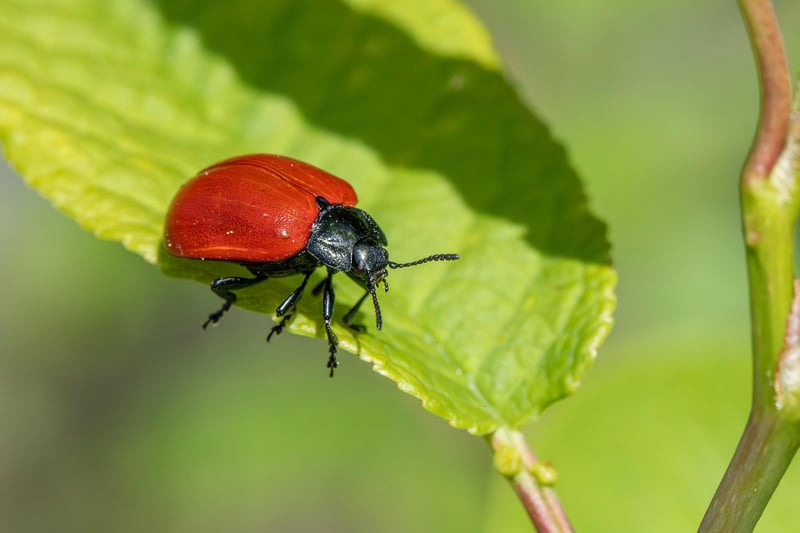Pest Management
Keep Your Garden Thriving with Effective Pest Management
Having a beautiful garden is a source of pride for many homeowners. However, pesky pests can quickly turn your lush greenery into a battleground. To help you keep your garden thriving, here are some effective pest management strategies to consider:
1. Identify the Pests
The first step in pest management is to identify the specific pests that are causing damage to your garden. Different pests require different control methods, so knowing what you're up against is crucial.
2. Natural Predators
Introducing natural predators like ladybugs, lacewings, or praying mantises can help control pest populations in your garden. These beneficial insects can prey on common garden pests and keep their numbers in check.

3. Neem Oil Spray
Neem oil is a natural insecticide that can effectively control a wide range of garden pests, including aphids, mites, and caterpillars. Mix neem oil with water and a few drops of dish soap, then spray it on affected plants.

4. Companion Planting
Planting certain herbs and flowers alongside your vegetables can help repel pests naturally. For example, marigolds can deter nematodes, while basil can protect tomatoes from insects.

5. Mulching
Applying mulch around your plants not only helps retain moisture and suppress weeds but can also deter pests. Mulches like straw or wood chips create a barrier that makes it difficult for pests to reach your plants.

With these pest management strategies, you can protect your garden from common pests and ensure that your plants thrive throughout the season.
Remember, a healthy garden is a happy garden!
